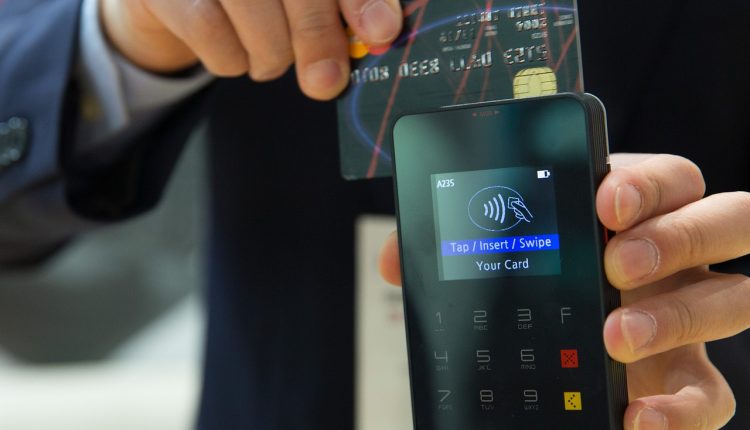5 Things to Check Before Getting Your First Credit Card
One of the most convenient financial tools to own today is credit cards. Apart from increasing your purchasing power, they can be incredibly useful in emergencies. Moreover, if you handle debt responsibly, credit cards can help build a strong credit history, beneficial in long term to borrow loans.
While you may know how credit works and how to handle debt responsibly, it is the details which might appear confusing. Choosing from so many options could be difficult. For first-time users especially, the selection process is tough. Therefore, knowing a product through and through is essential to make the right decision.
#1: Usage Criteria
There are so many types of credit cards banks offer today. Before you apply for one, you should consider what purpose it will address. If you plan to use it for making everyday purchases, a good rewards program could be beneficial. But, rewards are offered across various sectors. So, find the product that best suits your needs and provides plenty of offers in things that interest you. For instance, a travel credit card for flight ticket and hotel bookings, cash backs on online grocery shopping, gift cards and more.
Several digital wallets and brands collaborate with banks to offer exclusive benefits to cardholders. Do check the process of redeeming the rewards as well, as they can expire after a certain time.
#2: Credit Card Eligibility
Your credit score will be important for the bank to provide you with a card. The CIBIL score, which determines your creditworthiness, goes up when you pay EMIs and credit card bills on time. Different banks have different eligibility criteria for credit card applications. Also, first-time users might be allowed a smaller credit limit to minimise risk. The limit increases gradually, with the timely payment of bills. Your income information will also be considered to determine eligibility. This tells a bank about your repayment abilities. With an increase in your income bracket, you could find more options to choose from.
#3: Annual Fees and Charges
Bank charges are an important aspect of credit card usage. Under regulatory guidelines, they need to disclose them before you start using the product. Consider these charges when choosing a credit card.
- Annual fee: Banks can charge it on yearly basis, in some cases, these are waived off if you spend beyond a certain limit or pay bills on time for a certain period. These vary across banks.
- APR or Annual Percentage Rate: The interest rate you will pay monthly on unpaid balances. Some cards might charge penalty rates too for late payment.
- Foreign transaction fees
Consider these charges and how it will impact your monthly budget. Some other fees to consider include joining fees, balance transfer fees, cash advance fees and over the limit fees.
#3: Grace Period for Payment
When you consider interest charges, you need to consider the grace period. This is the period between the end of a billing cycle and the next due date for payment. If you pay your balances in full during this period, the bank might not charge an interest rate on purchases made.
#4: Impact of the Credit Card on Credit Score
If you spend wisely and pay your bills on time, the card can have a positive impact on your credit score. An important thing to see here is the credit utilisation ratio. This is the percentage of available credit you use each month. Higher credit utilisation ratios impact your score negatively. This is why you should be comfortable with the credit limit before you choose a card. It is important when you want to make big purchases.
Owning the first credit card is a huge milestone. But be sure to read all the terms and conditions related to credit card charges, rewards, fees, and limits in detail before choosing one.


Comments are closed.